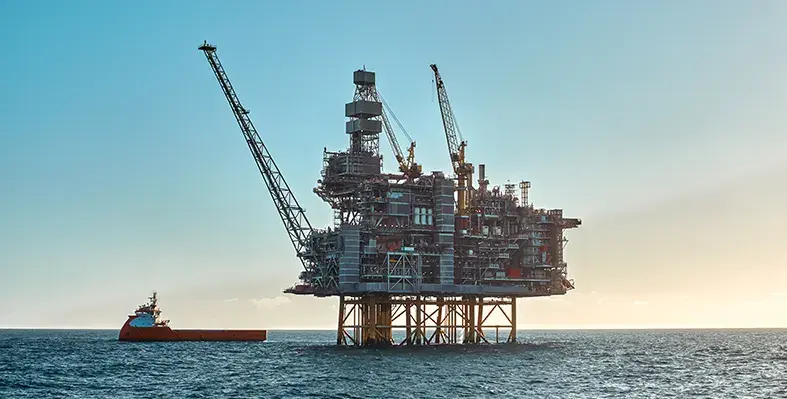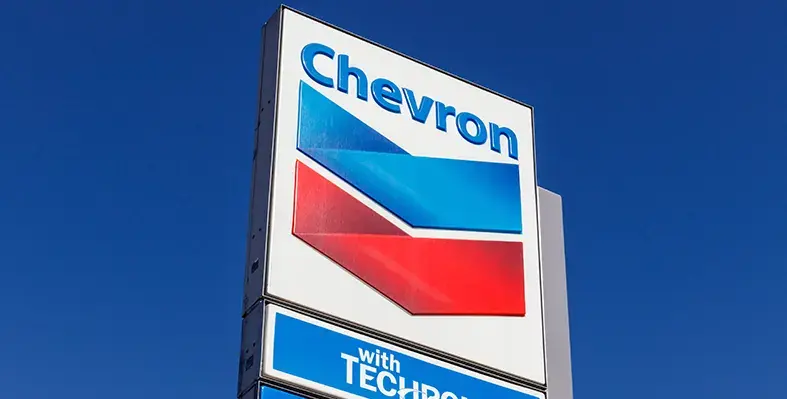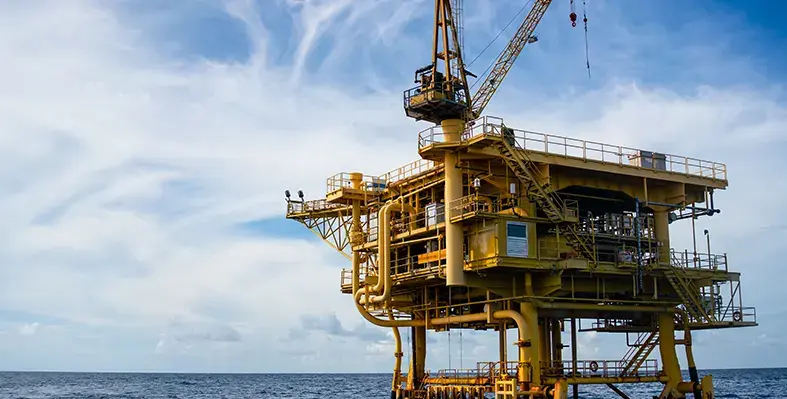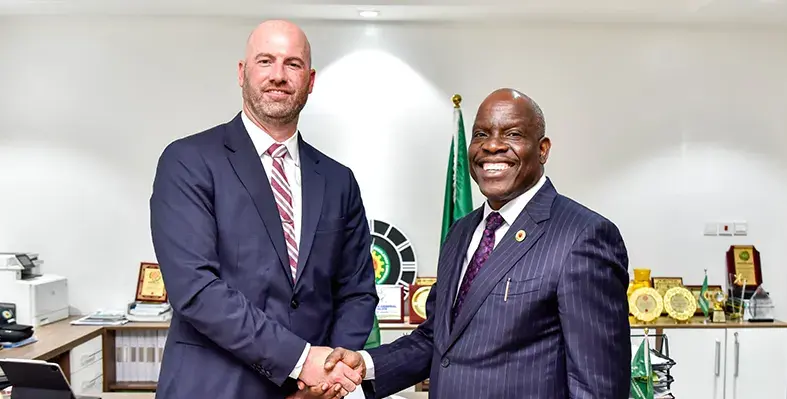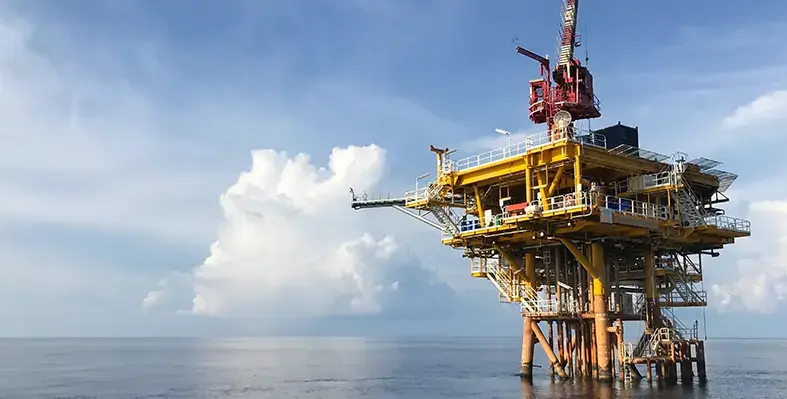Vaalco Energy has highlighted the acquisition of operatorship and 70% interests in CI-705 block offshore Ivory Coast in its update for the first quarter of 2025
The farm-in agreement took place in March with Ivory Coast Exploration Oil & Gas and Petroci. While the water depth across Block CI-705 can potentially reach around 2,500 m, three wells in the area has undergone light exploration till date.
Belonging in the prolific Tano Basin, the CI-705 block lies approximately 70 km off the West of Baobab and Kossipo oil fields, also operated by Vaalco. While Kossipo awaits development work in the near future, the company has currently sent the Baobab Floating Production Storage and Offloading vessel for refurbishment before it is ready for drilling activities by 2026.
"In Cote D’Ivoire, we commenced the FPSO refurbishment project and are preparing for a drilling campaign in 2026 to augment the production and economic life of the Baobab field," said George Maxwell, Vaalco’s chief executive officer.
The company reported promising results from Egypt, where all five wells were brought online, with boosted production levels. To top that, new reserves and a new production zone were discovered in the Bakr formation as well, which is currently being reviewed for flow improvement because of its heavy oil presence.
In Gabon too additional production was reported, whereby the Ebouri 4-H well flowed for over four months, and the H2S concentration is within modeling expectations.
“We delivered another successful quarter, once again meeting or exceeding our guidance...We continue to execute our strategic vision, with multiple accomplishments achieved in the first quarter that lay the foundation for profitable growth in 2025 and beyond," said Maxwell.
Also read:
Vaalco Energy prepares for West Africa work







